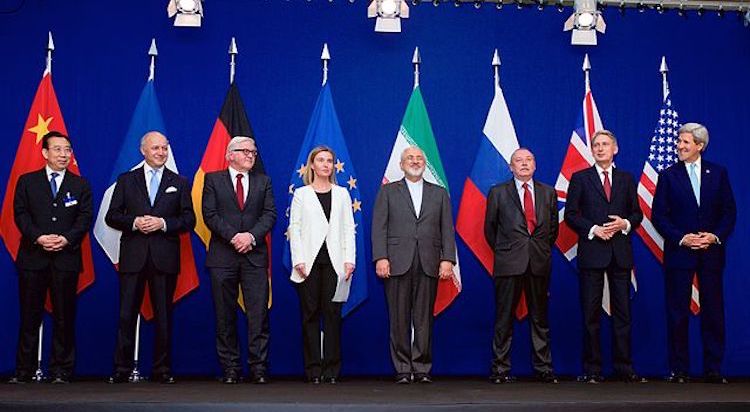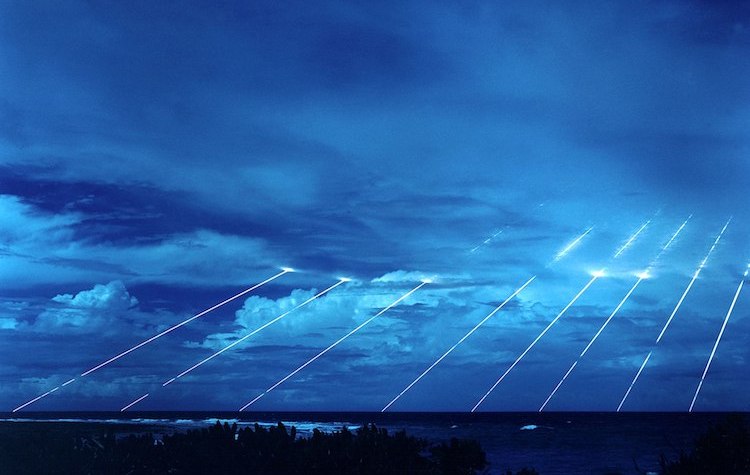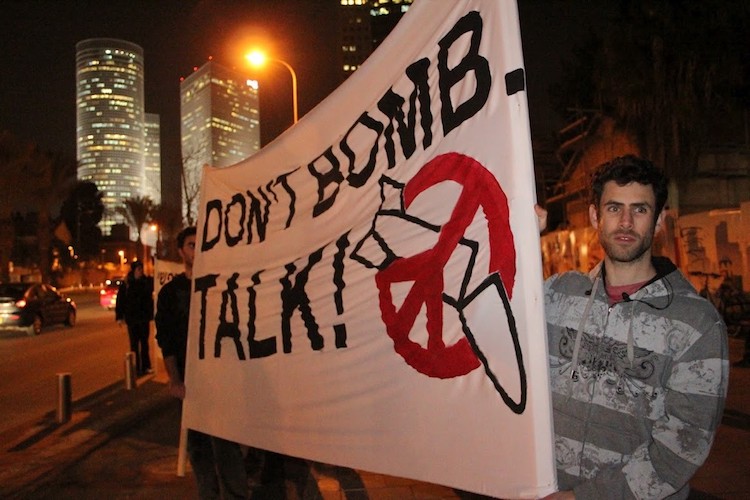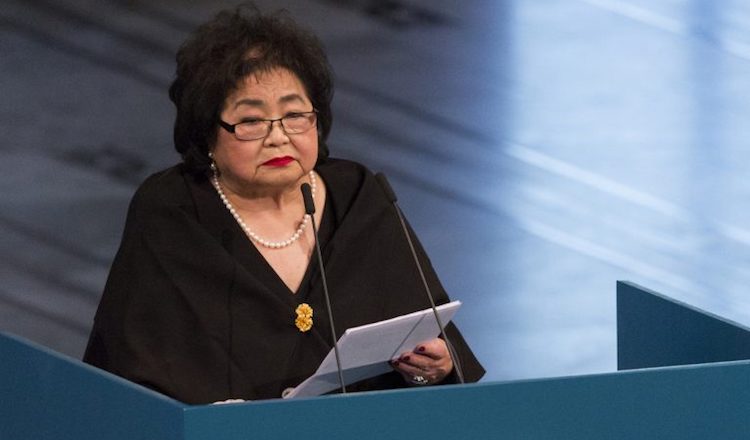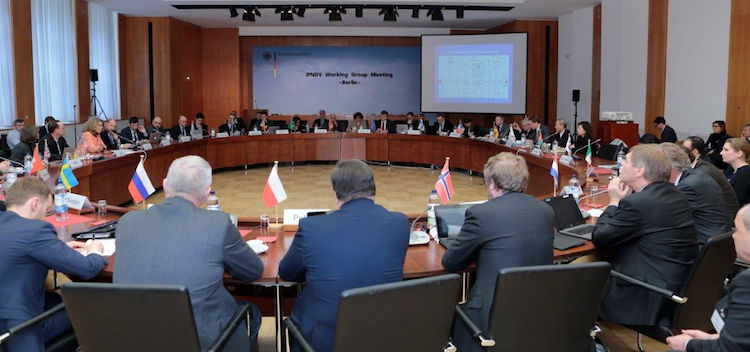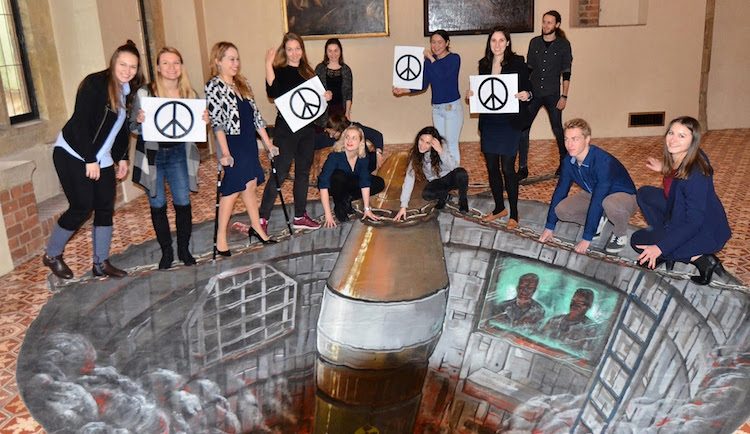By Kelsey Davenport The writer is director for nonproliferation policy at the Arms Control Association, where it first appeared on 17 January. WASHINGTON, D.C. (IDN-INPS) – President Donald Trump’s Jan. 12 decision to waive sanctions on Iran keeps the United States in compliance – for the time being – with its obligations under the multilateral […]
Former ICBM Launch Officer Calls for Reforming Presidential Nuclear Launch Authority
By J C Suresh TORONTO | WASHINGTON, DC (IDN) – Cofounder of the organization Global Zero, and a former Minuteman intercontinental ballistic missile launch officer has called for major changes to prevent a U.S. President from ordering the use of nuclear weapons. In a new article published in the forthcoming issue of Arms Control Today, Bruce Blair, […]
Israeli Disarmament Movement Steers Through Nuclear Ambiguity
By Bernhard Schell AMMAN (IDN) – The Israeli media ignored the Nobel Peace Prize ceremony in honour of the International Campaign to Abolish Nuclear Weapons (ICAN) on December 10, 2017 in Oslo. The Israeli Ambassador to Norway however attended the event. The silence of the Israeli media, according to observers, was not surprising though ICAN’s […]
‘Listen To Our Testimony. Heed Our Warning’
By Setsuko Thurlow Setsuko Thurlow is a Japanese-Canadian nuclear disarmament campaigner who survived the atomic bombing of Hiroshima in 1945. She is a leading figure in the International Campaign to Abolish Nuclear Weapons (ICAN), which won the 2017 Nobel Peace Prize. Thurlow accepted the prize on behalf of the campaign at a ceremony in Oslo […]
Monitoring Dismantlement Key to Eliminating Nuclear Weapons
By Jamshed Baruah NEW YORK (IDN) – Since the United Nations General Assembly adopted on July 7, 2017 the Treaty on the Prohibition of Nuclear Weapons, urging the prohibition and complete elimination of the atomic arsenal, the question of verification and the dismantlement of nuclear weapons has acquired particular importance. Because there are several areas […]
Iran Deal ‘Key Strategic Priority’ for Global Security, Mogherini Tells Tillerson
By Kelsey Davenport Kelsey Davenport is director for nonproliferation policy at the Arms Control Association. This article was first published in their blog with the caption ‘Tillerson, Mogherini Meet Ahead of Key JCPOA Deadlines’. – The Editor WASHINGTON, D.C. (IDN-INPS) – EU foreign policy chief Federica Mogherini reiterated to U.S. Secretary of State Rex Tillerson […]
Nobel Peace Prize for ICAN Puts Pressure on Norway to Sign the UN Treaty
By Nina Berglund The writer is editor and publisher of Norway’s news site, newsinenglish.no. This report, which originally appeared with the headline Peace Prize puts squeeze on Norway, is being reproduced courtesy of the news site. – The Editor OSLO (IDN-INPS) – Nobel Peace Prize Day in Oslo dawned with clear and sunny skies on […]
If You Love This Planet – By Setsuko Thurlow
Youth Pleads with World Leaders to Reduce Risk of Nuclear War
By Jamshed Baruah GENEVA (IDN | UNFOLD ZERO) – Amid menacing tensions between the United States and North Korea in the aftermath of Pyongyang testing a long-range missile that is potentially capable of hitting the entire mainland U.S., young academics and activists from around the world are asking world leaders to reduce the risks of […]
Vatican Conference Underlines Nexus Between Sustainable Development and Nuclear Weapons Ban
By Ramesh Jaura VATICAN CITY (IDN) – When world leaders approved ‘Transforming our world: the 2030 Agenda for Sustainable Development’, as an outcome document of the United Nations summit for the adoption of the post-2015 development two years ago, they designated it as “a plan of action for people, planet and prosperity” that “also seeks […]

